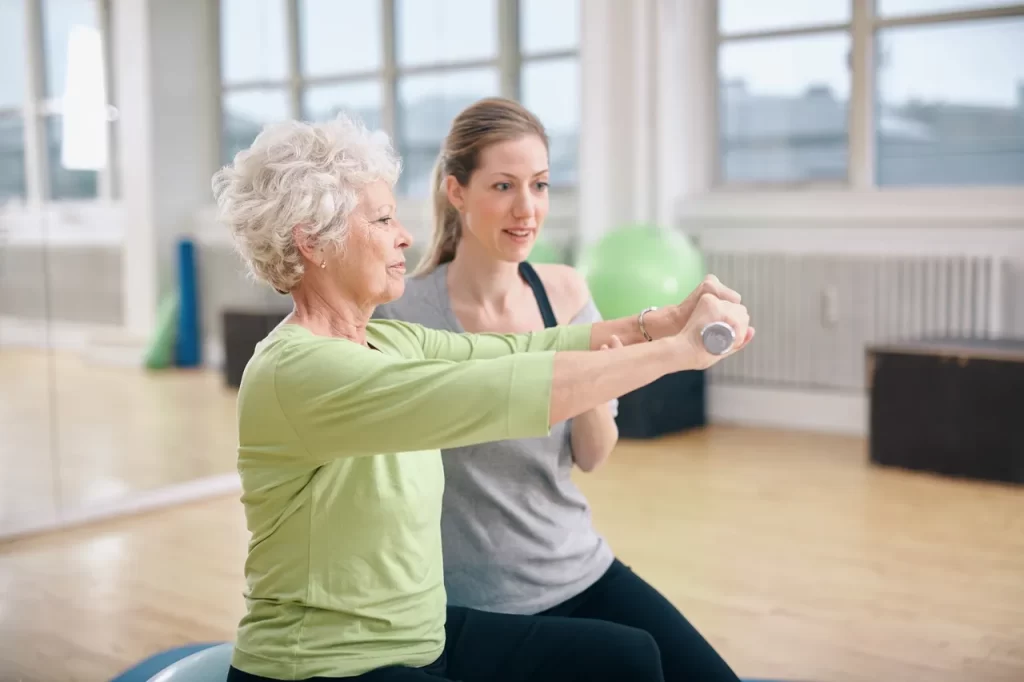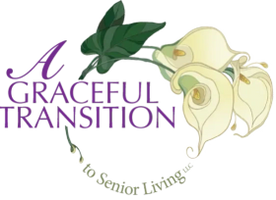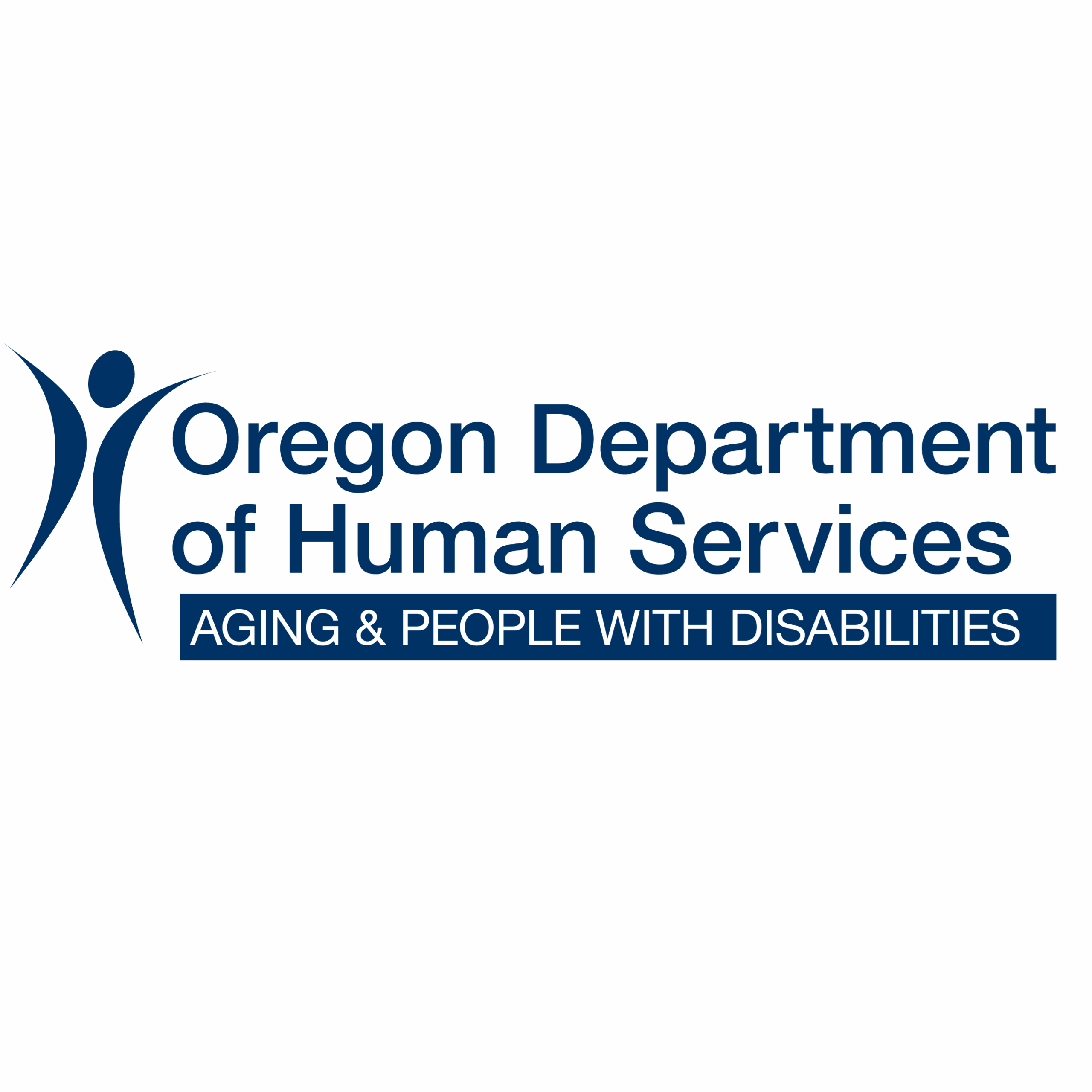Placement Timeliness

Your Go To When is it Time to find a Senior Living Community? Deciding to place a loved one in any situation, whether it be Assisted Living, Memory Care, or Adult Care Home, is difficult, frightening, and guilt-ridden for anyone. As placement agents, how do we make this difficult task less difficult? As Placement Specialists, we are called upon to know about many things; more than that, we need to share what we know. We need to be the “Go to” for information and support for the family and the client. We need to take the burden from the family’s shoulders and take it upon ourselves to lighten their load. Support We must realize that the person who is closest to the client suffering from dementia probably does not have much support from those on the sidelines. The doctor may be unaware of the decline because the patient is at their best when they see the doctor. Friends and family call, and the patient has a normal conversation. Friends and family may take the patient on short outings or come for short visits, and again, the patient is at their best. These people may question your decisions and even accuse you of having ulterior motives, and you may feel guilty as if you are abandoning the patient. Now it deserves a moment to speak on Immediate Memory. Imagine a circle of people outside of the circle of 24hour care. It is necessary to listen and trust the 24hour caregiver closest to the person receiving care. Here is why, something that happens at this stage to the patient. They start acting like everything is ok during a one off visit. The loved one is in fact going to have no memory of what has gone on during a short visit. Only those people in his day to day. Immediate Memory feels like a put on, they can act normal for a short visit. Being able to dwell with people but having no memory. The person who deals with this is faulted because the loved one seems ok. Unless you live with the person 24 hours as constant caregiver you should realize the depth of care is different. This behavior seems performative and it is. It can also be signs of the early stages of Dementia. Selfcare First, we need to point out that if you do not take care of yourself, you will be worthless to anyone else. Second, it is important to understand that when you become a caregiver, you often lose your standing as a wife, husband, child, grandchild, or friend. You may become the target of their anger and frustration, and they also lose the relationship that means so much, and loneliness ensues for both of you. With Love Placing a loved one in an appropriate housing or care is the most loving act that one can do to show your love. You see the patient receiving the necessary care while maintaining your relationship with them. You may initially be the “bad” person, but this will pass, and you will come through it as their rock and return to your initial relationship as husband, wife, daughter. It is our experience that when you let someone else be their caregiver you can return to giving emotional loving support. Be their loving person rather than their day to day, 24/7 caregiver. You can feel great knowing you have provided safety and care and may be lucky to see them thrive. When they feel better and understand they are receiving what is best for them, you are the “good” person they love. You will feel loved and appreciated because they know they are loved. There are times that as a family-member caregiver that you will feel rejected and unloved. It is hard to be loving 24/7 and when someone treats you badly we often feel detached, a little or a lot or just a little bit angry. This is where more selfcare can help you. Where you feel you are actually about to disassociate. Stop for a moment and give yourself a break. By giving care to your loved one and not care to yourself you can break your psyche. It is not your duty. You are too involved being the “caregiver” of another and not giving yourself enough time. It is unfortunate for both and it really is the same for every caregiver. It is too much and it is always going to be time for things to change for the family. Mindfulness Be aware of your feelings and accept your knowledge. Although others may mean well, they are not present enough to know and accept the truth of the situation. Make the decision that is best for you and your loved one. Look at your past and, more importantly, look to the future. You will make the right decision and AGT can help if you are in the Portland, Oregon area.
What Type of Care Will Meet Your Needs?

Independent Senior Living Facilities and Services Senior Assisted Living Facilities Adult Foster Care Homes / Adult Care Homes Retirement Communities Dementia Home Care Services Dementia Care Facilities Alzheimer’s Care Palliative Care Memory Care Adult Day Care Services Adult Day Facilities Respite Care Services Hospice Care Our mission is to simplify your senior years journey by taking the guesswork out of finding the right home for your needs meeting various levels of senior care. We have excellent relationships with facilities offering levels of senior care. The Type of Care each placement is customized to yours or the needs of your loved one. Our continued dedication to client’s happiness and well-being brings us exceptional peer reviews within elderly care services communities. We work with you fitting your senior living needs and budget. Offering you A Graceful Transition to Senior Living for you or your loved one with supportive, compassionate service.



